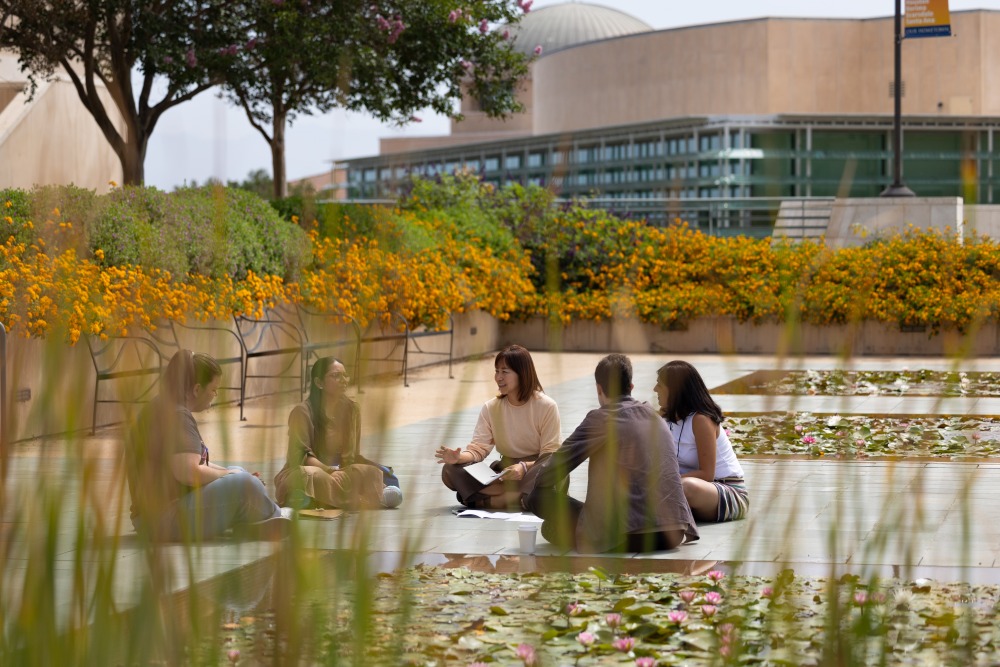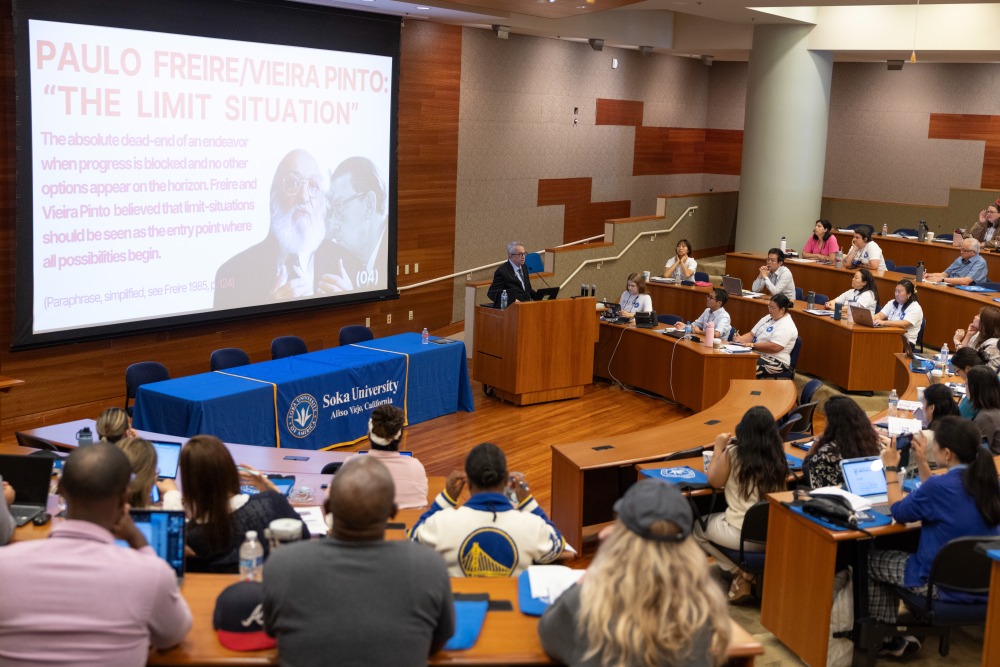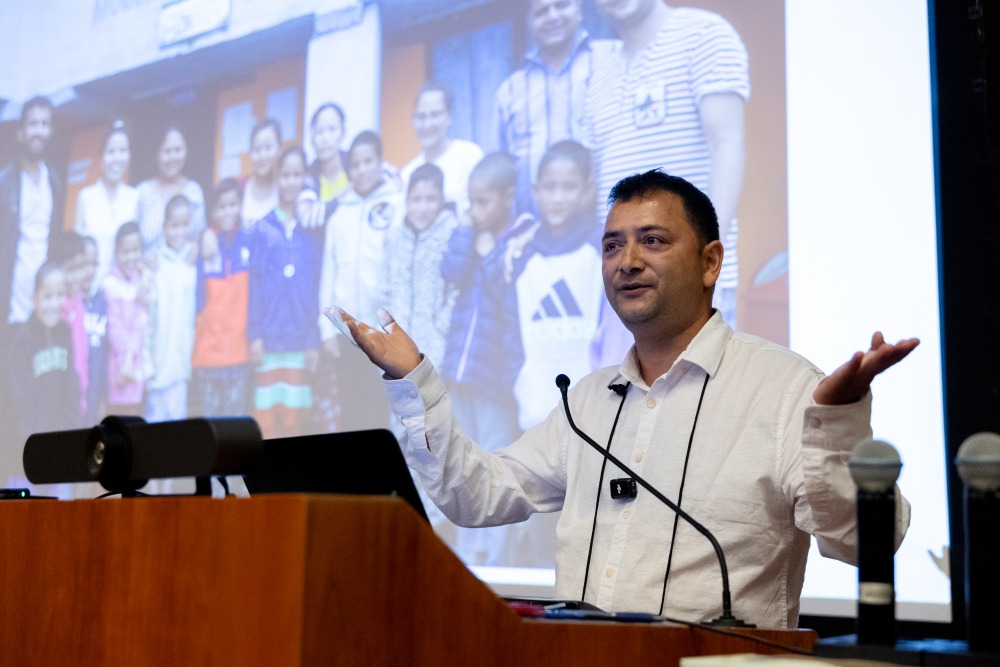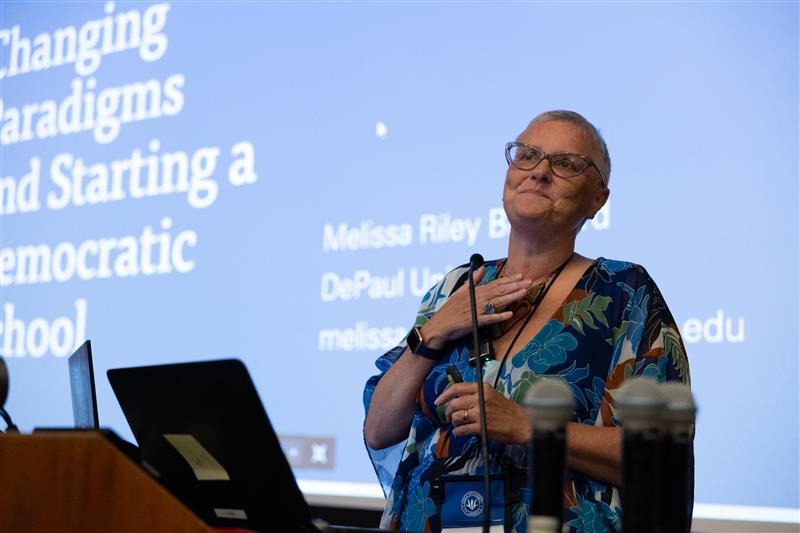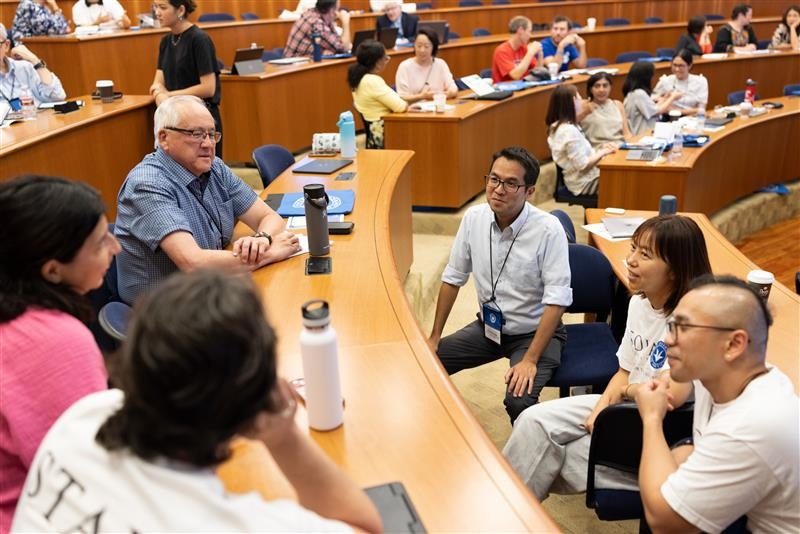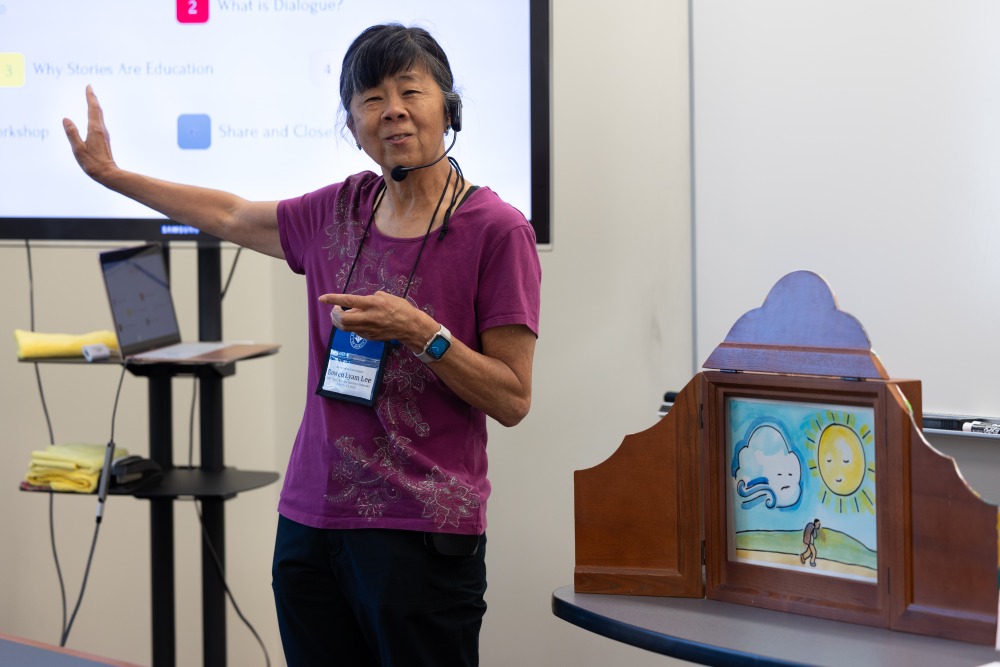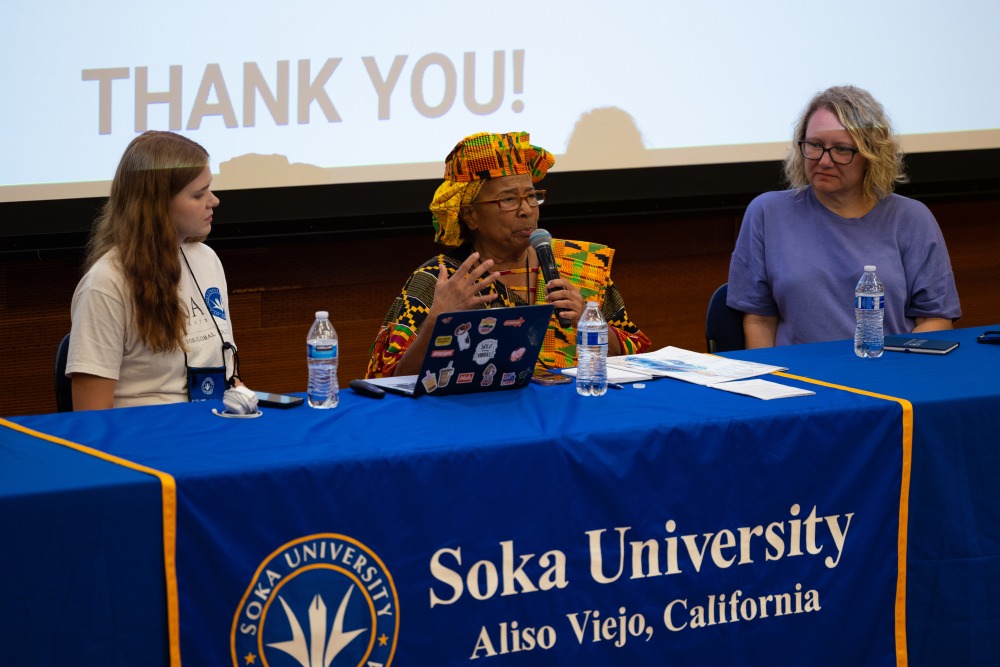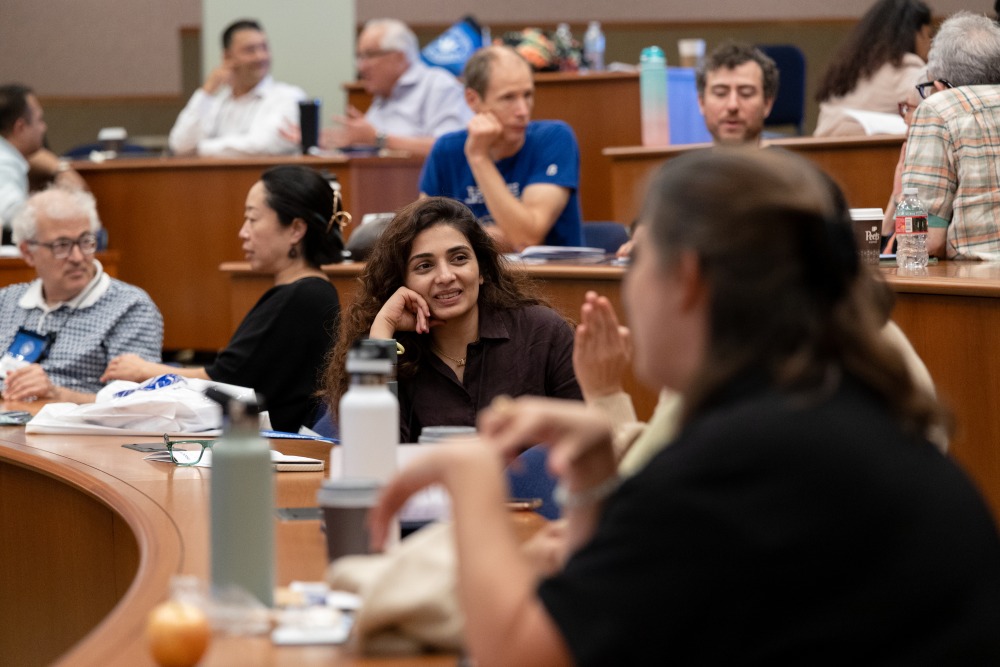Groundbreaking Conference Prepares PreK-12 Educators for Cultivating Global Citizens
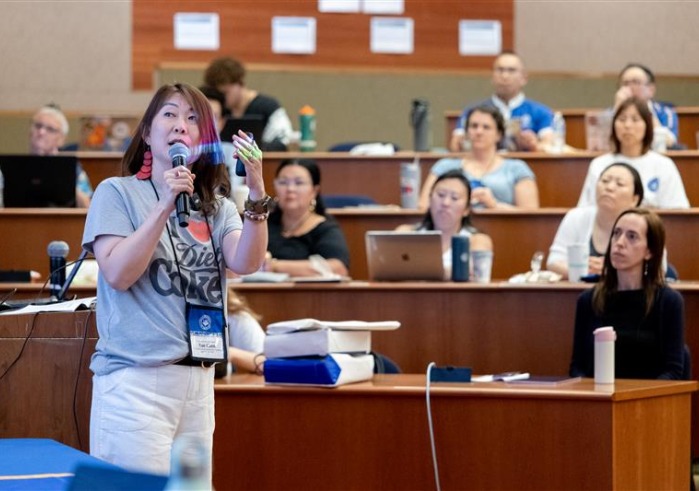
The 2025 Global Citizenship Education Conference brought together PreK-12 educators from around the world to explore how SUA founder Daisaku Ikeda’s humanistic approach can transform their classrooms. Organized by the Soka Institute for Global Solutions, the conference took place from July 10-13 and enabled 60 teachers, school counselors, and administrators from 11 countries to connect, share resources, and garner enthusiasm for an educational philosophy grounded in nonviolence, service to others, respect for cultural differences, responsible environmental stewardship, and personal reflection and growth.
The conference featured talks and workshops led by 25 different presenters with expertise in all levels of PreK-12 education. Keynote speakers included Fernando Reimers, the Ford Foundation Professor of International Education at Harvard University and director of the Global Education Innovation Initiative; Monte Joffee, chairperson and founding principal of the Renaissance Charter School in New York City; and Melissa Bradford, senior professional lecturer in the department of leadership, language, and curriculum at DePaul University.
After welcoming remarks from SUA President Edward Feasel, the SIGS working group fellows opened the conference with a presentation on the core concepts of global citizenship education. This group of 12 SUA alumni who work in PreK-12 education had collaborated over the past two years to translate Ikeda’s philosophy of global citizenship into an accessible framework that educators can adapt to their specific contexts. In addition, they developed practical materials to support school leaders and help educators design global citizenship curriculum and lesson plans, which they also presented and shared at this year’s conference.
A diverse array of session topics over three days of conference programming offered many relevant learning opportunities for teachers and school leaders. Teachers from a wide range of backgrounds — including several who work at Soka elementary, middle, and high schools in Japan, Brazil, and Malaysia — shared helpful insights based on their own experiences fostering global citizenship among their students. Other presenters focused on topics like anti-racism, socioemotional learning, and how interdisciplinary inquiry can cultivate critical thinkers capable of considering multiple perspectives with an open mind. A common thread among all the speakers was a passion for nurturing every student’s potential in a way that inspires them to contribute positively to their communities and beyond.
“It’s really important to put this theory into practice,” said Ryan Hayashi ’12, a ninth grade math teacher based in Chandler, Arizona, at the conclusion of his talk on July 13. This work is essential for educators like him who want more schools around the world to adopt education for global citizenship, Hayashi said, because teachers will need curricula, lesson plans, and other practical materials they can adapt to their classrooms. “We need many more examples of putting Ikeda’s philosophy of education into practice in different subjects, different contexts, and different schools,” he said. Now, equipped with both philosophical grounding and practical tools, these educators can contribute their expertise to developing more teaching resources for their colleagues and continue the vital work of shaping global citizens in their classrooms.
The photos below depict some of the highlights of this year’s conference, from keynote lectures to quieter moments of reflection.

